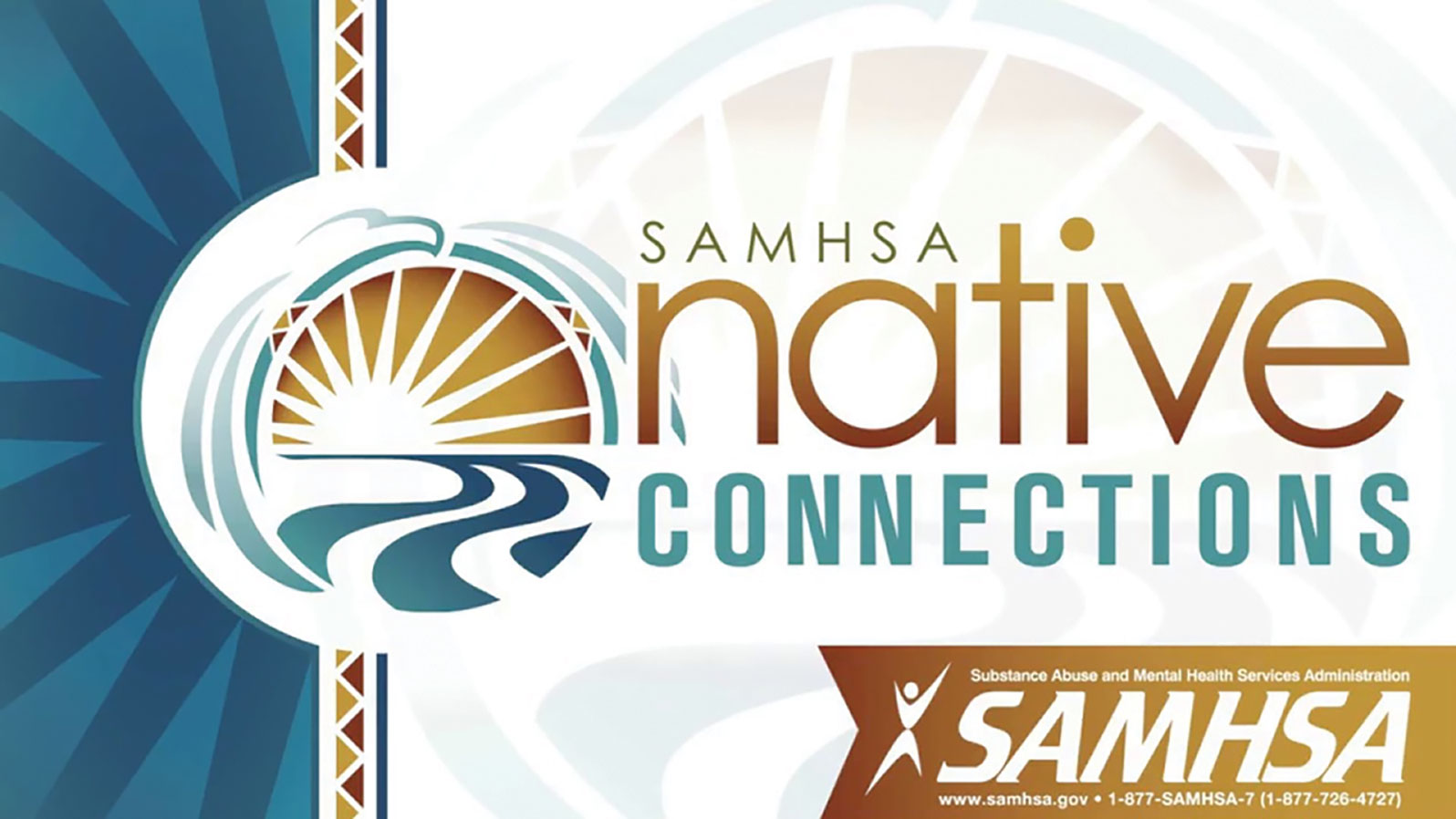Human to human relationships
When we think about human relationships, what comes to mind? We have relationships with family members, friends, colleagues, co-workers, and even people on social media or dating apps. So, in honor of Mental Health Awareness Month, we want to share some tips that might help you not only navigate your own mental health and wellbeing, but also prepare you to offer kindness to the person next to you.
Curiosity is a good thing
Be curious about the way you react to certain situations or experiences. A behavioral health professional can help you explore some of those reactive feelings, thoughts, and actions. We can also take it a step in a different direction by being curious about other people’s actions and maybe even taking a Mental Health First Aid course to understand signs and symptoms of mental health challenges. This will help us see the person first and understand that we share commonalities, and we also experience and handle things differently. These kinds of trainings will also help us set appropriate boundaries for our own behaviors and for others as well.
Find ways to support yourself and others in their experiences
Think about a time when you were experiencing a rough time in your life. Who was there for you? How did they support you? How did it make you feel? Wouldn’t it be wonderful if you could be that kind of person to someone else? Just like the “PASS IT ON” movement and showing kindness to others, we can also do small things to help ourselves and others through a rough time.
According to Supporting someone through a difficult time: Headspace, here is how we can show support:
- Approach them and let them know you’re there.
- Find a suitable time and place to talk to them (privately).
- Ask questions about their experience.
- Respond to their situation with compassion, (try to keep a friendly, neutral expression – pulling very “sympathetic” faces can actually make it harder for some people to talk about how they’re feeling).
- Repeat back what you hear to show you’ve understood.
- Avoid expressing judgment.
- Encourage appropriate professional support.
These are just small actionable steps we can all take on our journey in wellbeing. So, will you join us by being curious and contacting the Southern Ute Behavioral Health Division at 970.563.5700 about taking a free Mental Health First Aid training?
It’s okay not to feel okay.
If you or someone you know has been struggling with their emotions, behaviors, or substance use please reach out to us. We can help you find appropriate tools and services that could help you overcome obstacles in your life. We are here for you. Please contact the Southern Ute Behavioral Health Division at 970.563.5700 for more information or to set up an appointment to see a counselor or therapist.
References:
Supporting someone through a difficult time: Headspace. headspace National Youth Mental Health Foundation. (n.d.). https://headspace.org.au/explore-topics/supporting-a-young-person/through-difficult-times/#:~:text=Listen%20with%20compassion&text=find%20a%20suitable%20time%20and,about%20how%20they%27re%20feeling
NEW Nationwide Suicide and Substance Use Crisis line: 9-8-8
Simply calling or texting 988 or chatting 988Lifeline.org will connect you to compassionate care and support for mental health-related distress. #988Lifeline

